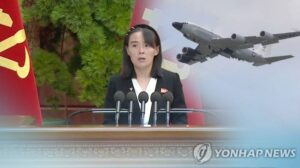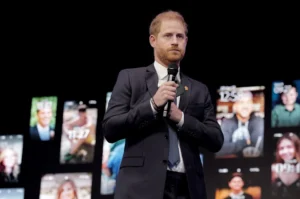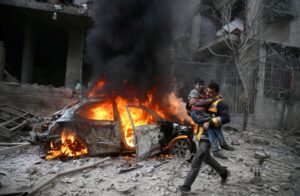Hassan Nasrallah’s son-in-law, Hassan Jafar Qassir, may have been killed in airstrikes in the Mezzeh neighborhood in Damascus on Wednesday, according to early reports published by Sky News Arabic.
Hassan is the brother of Muhammad Jafar Qassir, who was killed in a strike in Beirut on Wednesday during the Iranian attack on Israel.
Hassan’s assassination is another severe blow to Hezbollah as its leadership has been slowly picked off in Israeli operations.
Qassir brothers
The Qassir brothers have been deeply involved in terrorism since at least the 1982 Lebanon War, when on November 11, Ahmad Qassir drove his car into an Israeli base in Tyre, detonating the explosives onboard. This marked the first suicide bombing in Lebanese history.
Ahmad was guided by one of Hezbollah’s founding figures, Imad Mughniya, who was mysteriously assassinated in Damascus in 2008
According to Hezbollah’s official news bulletin, al-Ahed, Ahmad’s attack “marked the beginning of all martyrdom operations, and was the torch of resistance among youth, who were eager to defend their homeland.”
Ahmad’s attack still required the religious seal of approval in the form of a fatwa from one of Shia Islam’s highest-ranked clerics, Ayatollah Ruhollah Khomeini.
Terror royalty
With the fatwa secured, the Qassir family swiftly became terror royalty, with Ahmad being termed the “first martyr.”
Terror royalty With the fatwa secured, the Qassir family swiftly became terror royalty, with Ahmad being termed the “first martyr.”
Muhammed became a leading figure in the deliveries of Iranian weapons from Syria, and Hassan married Hassan Nasrallah’s daughter, cementing their connection to Hezbollah and Iran.
Muhammed became such a notorious figure the US offered a $10 million reward for information leading to his death or capture.
In 2018, the US Treasury Department designated him a Specially Designated Global Terrorist, meaning “among other consequences, all property and interests in property of Qassir that are subject to US jurisdiction are blocked, and US persons are generally prohibited from engaging in any transactions with Qassir.”
According to the sanctions, he helped oversee several front companies that funneled money into Iran’s Islamic Revolutionary Guard Corps, in particular through the sale of oil and other untraceable products.






